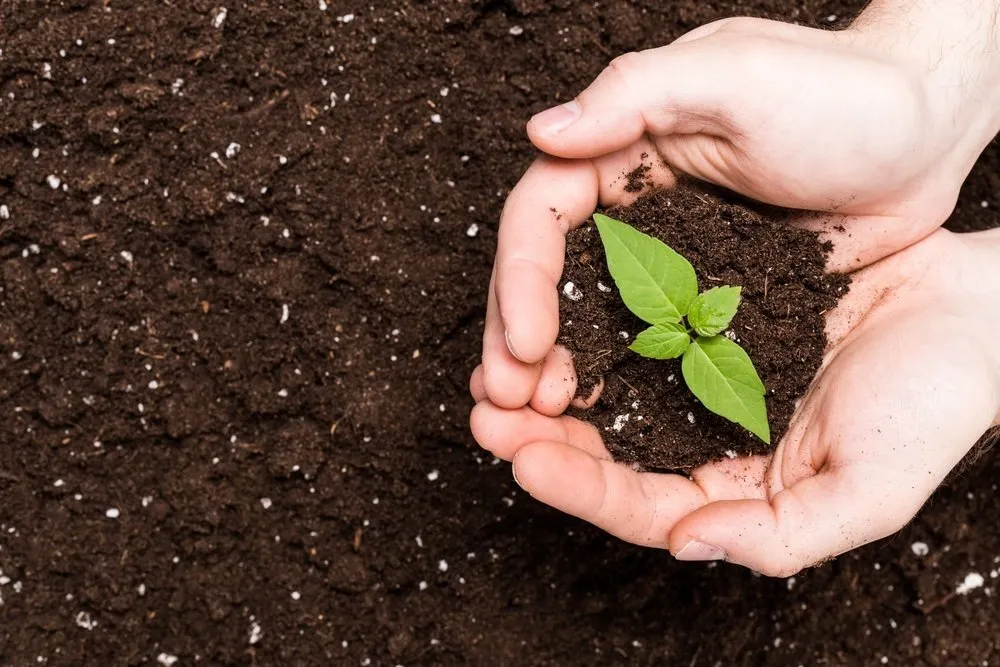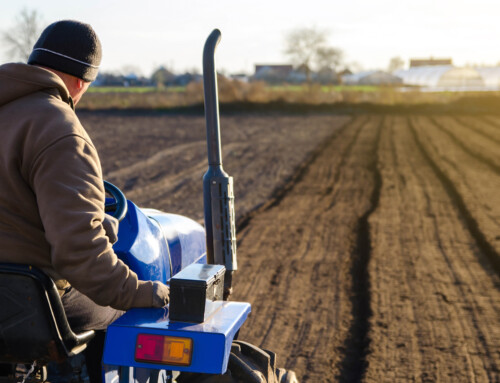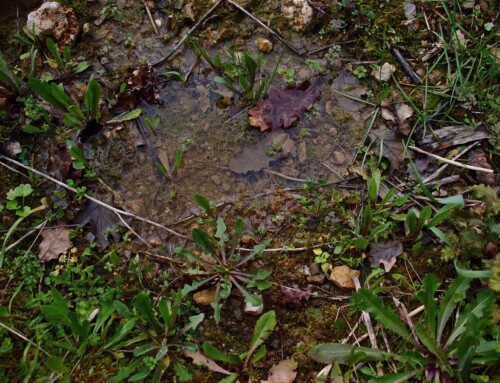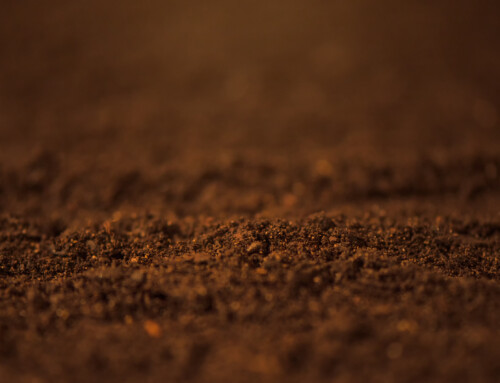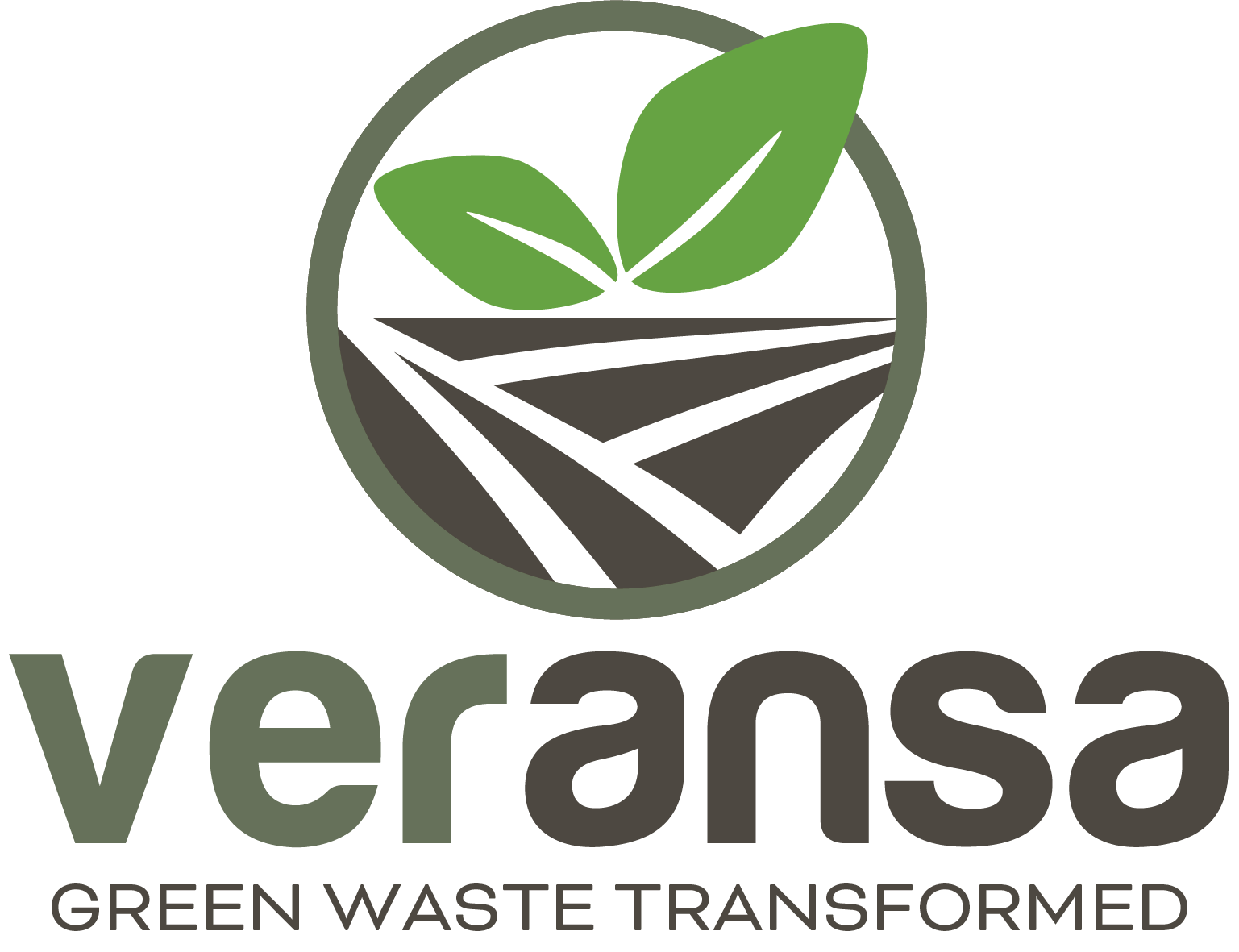It is important for all individuals to take ownership of their own recycling efforts. Throwing non-recyclable items into the wrong bin could contaminate the recycling effort and may even result in your recyclable items simply being dumped in a landfill. However, Florida residents have become accustomed to recycling in their daily lives. As such, most homeowners understand what should be thrown into a recycling bin – and what shouldn’t. What fewer people understand is how to identify, categorize, and dispose of yard waste, ensuring that what you designate for pickup is “clean” and usable for recycling efforts.
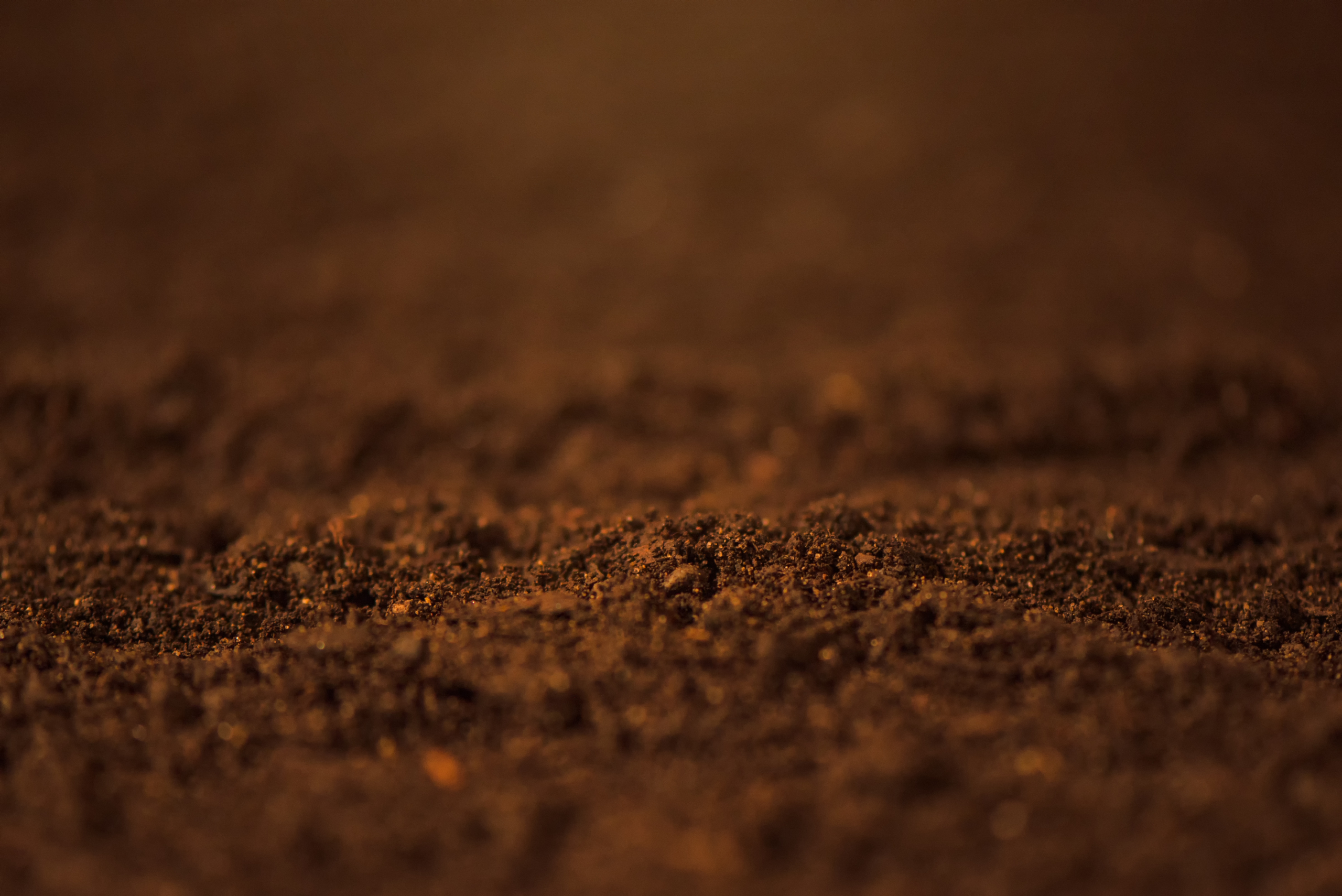
Yard and wood waste is typically collected via residential curbside services. Once collected, it is transported to commercial composting facilities that store the grass clippings, leaves, branches, and plant trimmings in a huge compost pile. As time passes, the materials rot and deteriorate into a nutrient-rich, natural fertilizer that can be repurposed into gardens, farms, and landscapes. (This product is sometimes referred to as “soil amendment.”)
Composting this type of waste saves significant landfill space and lowers the level of greenhouse gas emissions that result from organic waste breaking down in an anoxic environment.
What is Considered Clean Yard Waste?
Unfortunately, some people believe that their yard waste container is an all-purpose bin for everything they find outside on the ground. But this is not true.
Acceptable items for yard waste collection may vary slightly from region to region, but typically include:
- Tree branches (bundle with bio-degradable twine)
- Leaves and house/garden plants
- Grass clippings, lawn edging, and brush
Unacceptable items for yard waste collection include those that are either too heavy or non-compostable. These taboo items may include:
- Soil, sand, or sod
- Heavy tree trunks or stumps (typically over 50 pounds)
- Chemically/pressure-treated woods, including old railroad ties
- Rocks, stones, concrete or brick
Important: No metal or plastic of any kind should be included in yard waste. If you do wish to bag items such as branches or clippings, use paper (not plastic) bags intended for this use.
Reconsider Your Definition of “Waste”
Sometimes we become so motivated to “clean up the yard” that we may throw out materials that are actually valuable and useful! For instance, decomposing leaves and grass clippings can infuse organic nutrients into your lawn and garden as a natural fertilizer.
Even though we don’t have as many fallen leaves as other regions, some native trees (such as maples) do drop leaves. Rather than raking and collecting leaves and grass clippings for disposal, consider using them for your own lawn care.
- As leaves and grass clippings can provide rich nutrients, simply run over the leaves with your lawnmower or mulching mower. This will more rapidly break down leaves into useful material.
- Repurpose fall leaves into “leaf mold” for your garden beds.
- Keep logs, branches, and twigs as fuel and kindling for winter firepits. Ensure the wood is stored properly and is dried out.
As a final tip, leave as much of the yard cleanup as possible until spring. Allowing the yard (waste and all) to remain in a natural state during cooler months provides shelter and protection for animals, birds, and beneficial insects. If you must tidy up the yard, consider piling up waste in an inconspicuous area and allowing it to compost.
Veransa – Your Partner for Green Waste Recycling
The Veransa Group does far more than collect and manage yard and wood waste. Our company is dedicated to transforming these materials into products that encourage new growth and productivity through soil health. We can accept green waste materials at one of our five Florida facilities, located in Sarasota, Tampa, Pinellas, Seffner, and Fort Myers. Learn more about yard waste recycling here.

